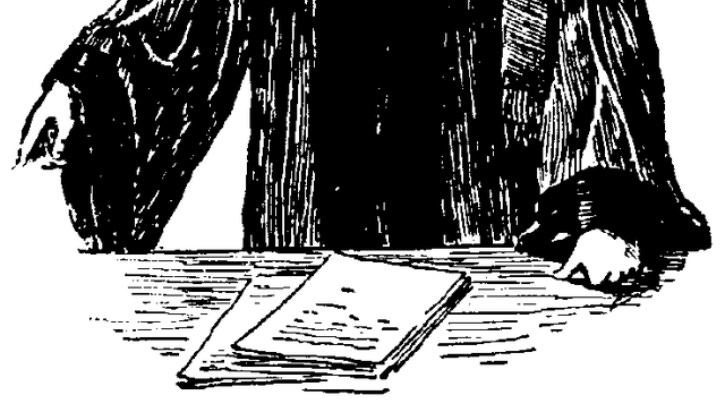on trash cans
Exclusive: Public Health Advocacy Institute President Richard Daynard
It’s not common to think of trash cans as sites of conflict — or of attention at all. To think of something that carries rats, garbage, and the detritus of everyday life as a meaningful channel for resources as a changemaker.
But to Richard Daynard, Northeastern law professor and founder of the Public Health Advocacy Institute, they were a Trojan horse — the not-so-silent entry point for one of the modern world’s most harmful epidemics: sports gambling. Before online gambling became legal in Massachusetts, he said, “trash cans would read something like ‘put trash here.’ Now they said, ‘DraftKings.’” A message meant for waste, now whispering the promise of wealth.
When something as addictive and seductive as gambling is rebranded as “gaming,” it’s no wonder the harms slip quietly through the cracks. Cigarettes — Professor Daynard’s first career target — were once sold as cool, sophisticated, even sexy, until the illusion cracked under the weight of truth. Sports betting has followed a similar arc: marketed not just as entertainment, but as an effortless, almost subconscious path to wealth. And in the age of digital immediacy, it’s burrowed deep into the lives of younger generations.
Yet, as with most ethical issues that plague our modern era, the harm may be too abstract for us to understand.
Well, sort of.
The gambling industry is plagued with slippery techniques and fallacious personalities one could only find in the space between a James Bond film and an infomercial. The nightmarish deceit and pervasiveness that allows one to believe it could never happen to them, you will never be targeted. No, how could you?
In his book-phenomenon Sapiens, Yuval Noah Harari argues that stories – myths, legends, religions – are the reasons humans are able to cooperate in large numbers, to problem solve, to create communities that prosper, not falter. In the same way, Professor Daynard instructed me that we didn’t evolve to understand the world through statistics – we evolved to understand the world through stories. We evolved to empathize with those we love struggling through addiction, to hear the grief peeking through voices, to calm the storm of a ship that’s washed at our shore, to be a craftsman of our own loving.
The way harm arrives is eerily similar to how morning fog settles over a city, a skyline. Not with announcement or fanfare, but with the patient persistence of something that knows it has time. It sits beside you on park benches – or on the trash cans beside you – disguised as convenience, as connection, as the small daily choices that feel too insignificant to examine closely. But by the time you notice the fog, it’s already inside of your lungs.
The fog of crisis follows a cyclical nature, one that Professor Daynard has been following his entire lifetime: first asbestos, then tobacco, now gambling. As for what the next big crisis will be, he doesn’t quite know. “Someone will be more clever and devious and ruthless than me”, he humbly claims, and the time will come for a new spark of change.
In other words – for now – it’s about taking care of the trash cans.



